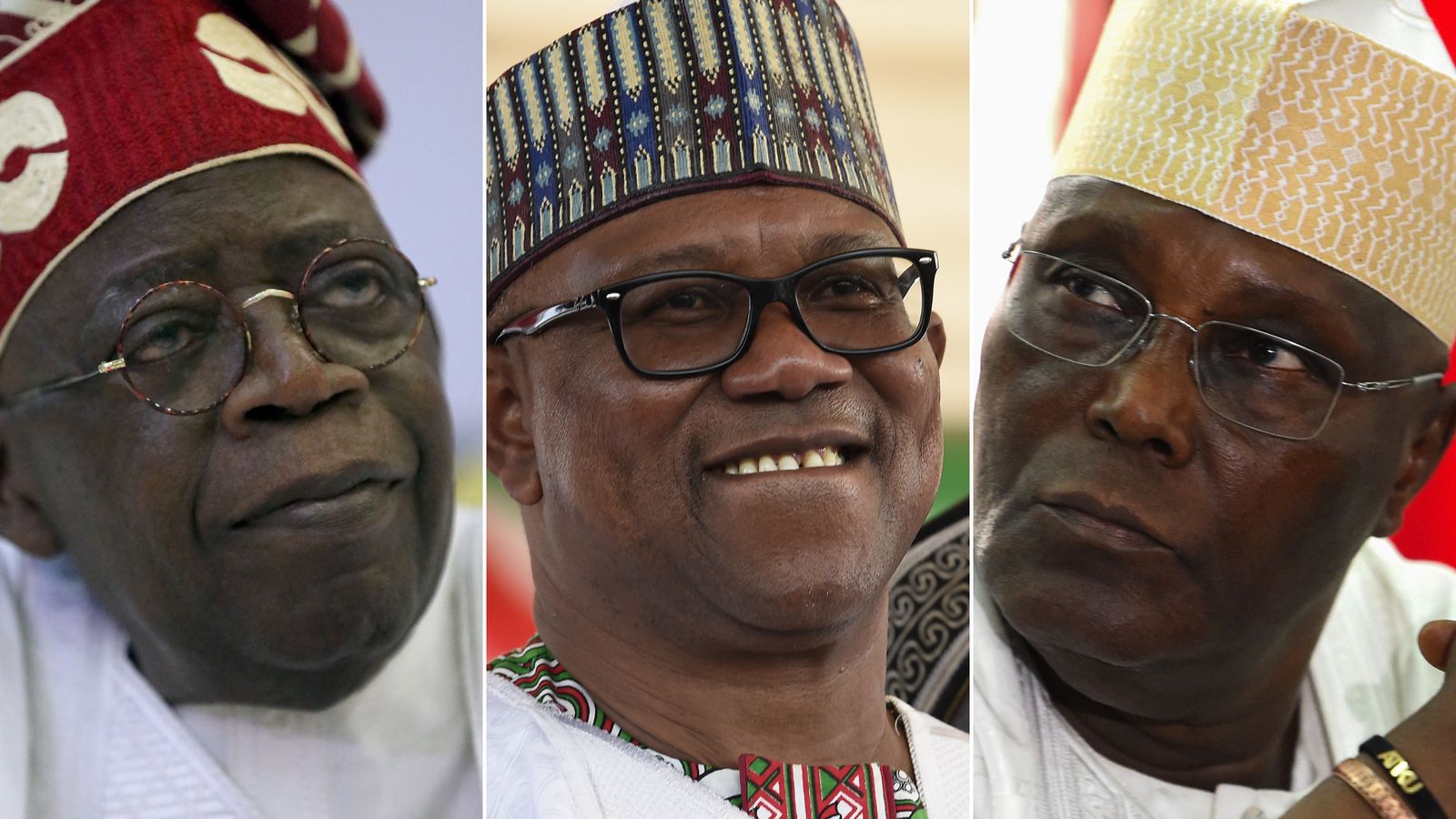PUNCH
The Independent National Electoral Commission took four years to prepare for the 2023 elections, but sadly, when the day eventually came on Saturday, February 25, INEC performed far below expectations. The performance of INEC dampened the morale of the electorate, who had looked forward to being part of a historic election that would project Nigeria as a country to be reckoned with in international circles as an exemplary democracy.
For a people who had lost much hope in the power of the ballot, it took concrete actions from INEC and constitutional amendments to the electoral act to rekindle their interest. First was the conduct of the off-season elections in Edo, Anambra and Osun, which showed a high degree of transparency. The other reason was the constitutional amendments that only people whose biometrics had been captured during accreditation would vote and only results transmitted electronically from the polling units to INEC server would be admitted. This introduction of technology effectively cut off the chances of tampering with the results.
INEC officials –which included the Chairman, Prof. Mahmood Yakubu, and his commissioners – continually communicated with the public, giving assurances that this year’s election would be seamless and beyond manipulation. Even when the issue of internet challenge was raised as a possible factor against the election, INEC assured the nation that with or without internet access in a location, results could be uploaded to the result viewing portal. Such results would appear on the server once the network is restored or available.
When people raised fears that the various attacks by arsonists on INEC facilities could have affected the chances of the commission to conduct elections in such areas, INEC insisted that it had backups and replacements for all that was lost to such acts of arson and vandalism. Again, with the redesign of the naira and the scarcity that trailed it weeks before the election, the only challenge INEC raised was the non-availability of cash for paying those who would take care of some logistics. That was quickly addressed by the Central Bank of Nigeria.
However, on election day, reports began to filter in from different parts of Nigeria that even by 12noon and beyond in many polling units, INEC officials had not arrived for an election that was supposed to commence by 8.30am. Interestingly, these included areas that were in the heart of cities and easily accessible by vehicles. There were reports that while voting had commenced, some electoral officials conveying voting materials went to different polling locations in search of their centre. That was an indication that INEC officials did not visit their assigned centres days before the D-Day.
TV stations also showed many of the INEC officials arriving at election venues in rickety commercial vehicles which can easily break down for lack of maintenance. Many arrived their duty posts without basic materials like ink pad for thumbprinting. Some members of the electorate provided such, so as to ensure that there was no delay.


